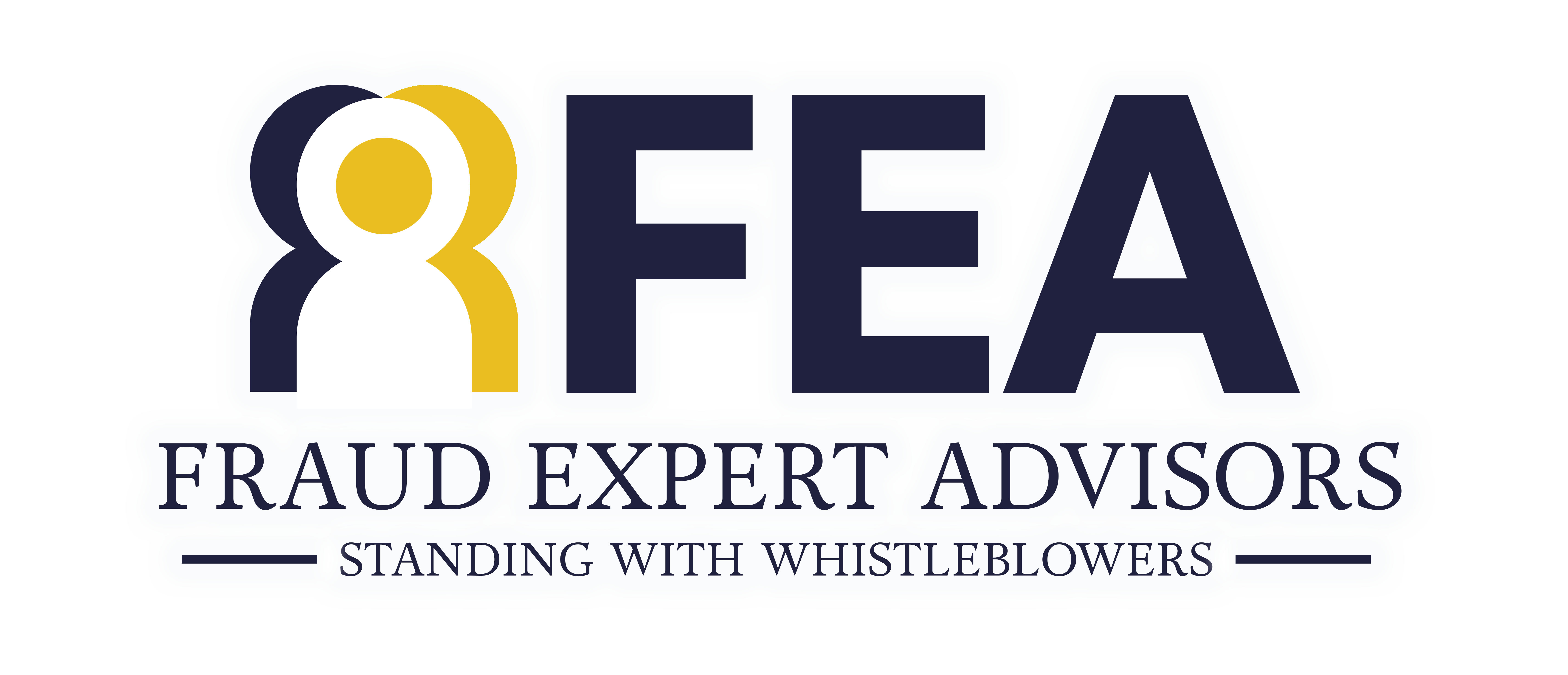
12 Mar When Doing The Right Thing Costs You Your Job: Now What?
Kicked to the curb for doing what you think is right? Congratulations. It takes courage and conviction to stay true to your beliefs, and not everyone is capable of being so steadfast. However, since job loss inevitably means income loss, knowing what to do next is important. As a whistleblower, you have options. In this post, we take a look at what to do after you’ve lost your job for doing what’s right.
- Research Your Rights
You’re very first action should be to research your rights. You’ll want to focus your research on the laws and protections afforded to you by your state as different states have different provisions.
- Learn about Protected Whistleblower Activity
Whistleblower protection laws are meant to protect employees who stop, report, or testify about certain actions taken by their employers. Since different states have different definitions of protected whistleblower activities, you’ll want to focus your efforts on understanding your state’s protections..
- Understand Time Constraints
Whistleblowers don’t often have a lot of time to make their case. Though you’ll want to identify the specific guidelines put forth by your state, whistleblowers can have statues of limitation as short as 30 days. And, the statute usually starts from the moment you learned that you’d be retaliated against, not when you were terminated.
- Gather Facts
Chances are you’ll partner with a lawyer and defend your actions. However, the more facts you’re able to gather, the easier it will be for you and your lawyer to make a case. It can be helpful to make a timeline of events and share it with your lawyer.
- Partner Up
Not all lawyers specialize in whistleblowing. Look for lawyers with documented experience defending whistleblowers. They’ll have a firm understanding of what you’re entitled to in your state.
- Realize How a Lawyer Can Help
If you’re going to fight what happened to you, you’ll need to have a lawyer. However, it’s important for you to know how a lawyer will assist you. You are the one who has to take the stand for what is right. You’re the one who fights fraud. A lawyer facilitates the process of fighting injustices.
Expect your lawyer to support you and provide you with valuable information. A good lawyer will help you understand the legal information you’ve come across about whistleblowing. And, those with experience defending whistleblowers can help you get a feel for what you’ll experience if you decide to go to court.
- Join a Support Group
Fighting for what’s right is hard. You and your family will deal with a great deal of stress. You’ll also experience a great deal of anger and sadness. While defending your actions, it often helps to connect with a support group. Connecting with other whistleblowers will give you a safe and open place to have discussions about what you’re feeling and experiencing.
Be Courageous
It’s not easy to be a whistleblower. You deserve the help and support of an experienced lawyer. Trust your gut and take each day as it comes. It takes guts to stand up for what’s right.
